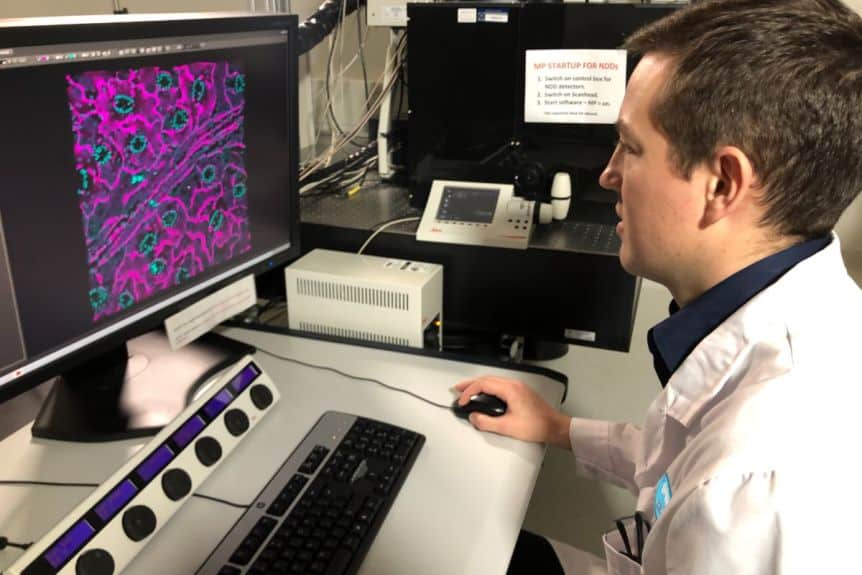The fashion industry is one of the most polluting industries in the world. Why? Simply put, making clothes is both resource-and-energy-intensive, and the entire supply chain contributes to pollution as well.
The vast majority of clothes made today are made from polyester, which is not only made from polluting petrochemicals (i.e. coal and petrol), but the process used to create polyester fabric pollutes. The final product is challenging to recycle and doesn’t biodegrade.
However, the biggest concern – especially for Australia – is the fashion industry’s water use. Cotton, another incredibly common clothing material, epitomises this issue: it might be easier to recycle than polyester, but Oxfam reports that from growing the cotton to the dyeing process, it can take an estimated 20,000 litres of water to make just one pair of jeans and one t-shirt: the same amount of water you’d drink in 13 years. Polyester is also cheaper to produce and more versatile than cotton.
In Australia, where water is already scarce and our domestic capacity to recycle textiles is nowhere near as developed as other countries, water usage is of particular importance. However, the Commonwealth Scientific and Industrial Research Organisation (aka CSIRO) has come up with a brilliant new technology that could be a huge step in making the fashion industry more sustainable.
A Canberra-based team of CSIRO researchers led by Dr Colleen MacMillan have cracked cotton’s molecular colour code, adding genes to make the plants produce a colour, ABC Landline reports.

Creating cotton that doesn’t need to be dyed would save a huge amount of water, and could be a shot in the arm for Australia’s cotton industry, worth about $2 billion annually. More to the point, if other cotton producers around the world (e.g. India, China and the US) adopted this technology, we could see a serious improvement in the environmental impact of the global fashion industry.
An improved raw material will also open up more creative potential for fashion designers. Imagine the new kinds of fabrics and clothing can could be made out of naturally dyed cotton… The CSIRO team is also growing stretchier cotton varietals designed to make clothes that truly don’t need ironing – another exciting development (especially for lazy men).
As consumers become more and more concerned with their environmental impact, the desire for more sustainable clothing options is only going to become stronger.
One brand that’s ahead of the curve is heritage brand Levis, who just last month launched two pairs of men’s and women’s jeans in Australia under their sustainable Wellthread line that uses a recycled cotton product produced by Swedish firm re:newcell. Another brand moving in the right direction is Industry Of All Nations, which produces a unique line of undyed, unbleached clothing.
One thing we know for sure is that it’s always fashionable to give a sh*t about the environment. Those who choose more sustainable brands and think carefully about their fashion habits will reap the rewards of good karma (whilst looking fly, too).
